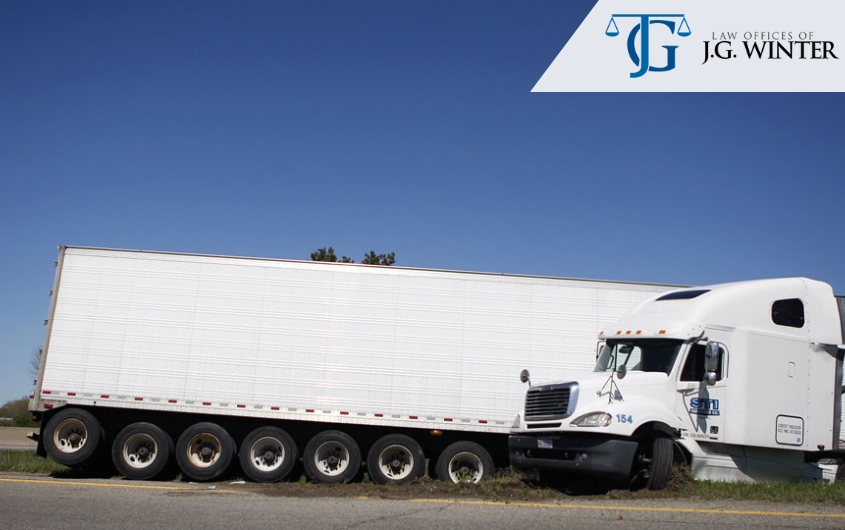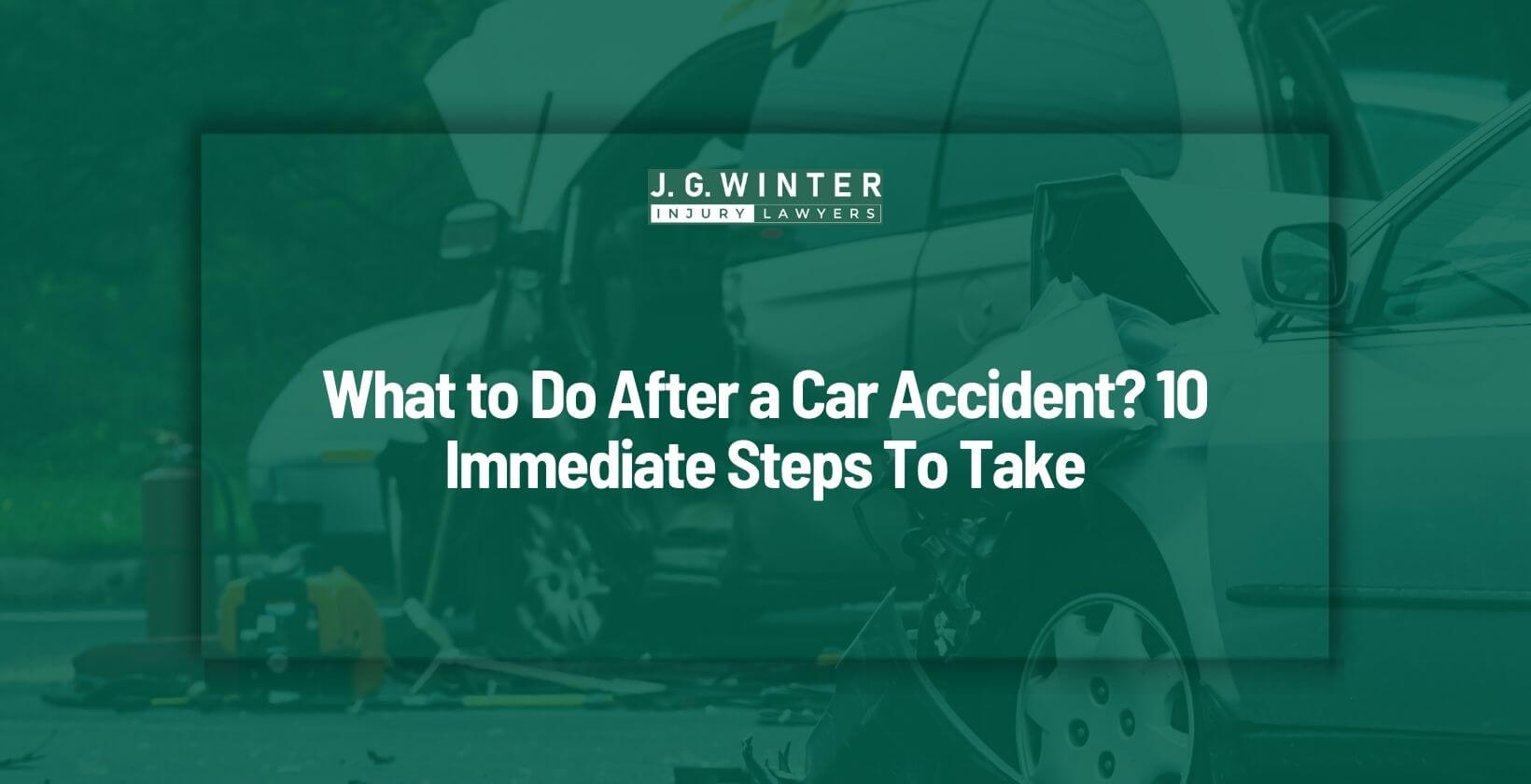Understanding why trucks jackknife and knowing the appropriate steps to take if you’re involved in such an accident is crucial for your safety and any subsequent legal action.
What is a jackknife truck accident?

A jackknife truck accident occurs when a large truck’s trailer swings out and forms an acute angle with its cab, resembling the shape of a folding knife. This type of accident is particularly dangerous as it can lead to loss of control of the vehicle, potentially causing multi-vehicle collisions, significant property damage, and severe injuries. Understanding the causes of these accidents is important for both prevention and in the aftermath of an incident.
If you’ve been involved in a jackknife truck accident, seeking guidance from a specialized truck accident lawyer like those at JG. Winter Law is advisable. Their expertise can help navigate the complexities of such cases and seek appropriate compensation.
What are the most common causes of jackknifes?
Understanding the common causes of jackknife accidents is essential for truck drivers and other road users to avoid these dangerous situations.
Over speeding
Excessive speed, especially in large vehicles like trucks, can lead to loss of control, making it difficult for the driver to react appropriately in emergencies, potentially causing the truck to jackknife.
Road debris
Unexpected obstacles or debris on the road can cause a truck driver to make sudden maneuvers, leading to a jackknife, especially if the truck is moving at a high speed.
Weather conditions
Slippery roads due to rain, snow, or ice can reduce traction, making it harder for trucks to maintain stability increasing the risk of jackknifing.
Tire blowouts
A sudden tire blowout can cause the truck to veer unpredictably, potentially leading to a jackknife scenario, especially if the driver loses control of the vehicle.
Improper braking
Abrupt or improper braking techniques, particularly at high speeds or on slippery roads, can cause the trailer to swing out uncontrollably.
Equipment or mechanical defects
Malfunctioning brakes, steering issues, or other mechanical failures can lead to loss of control over the truck, resulting in a jackknife.
Driver errors
Mistakes made by the driver, such as miscalculating stopping distances or failing to adjust to changing road conditions, can contribute to jackknifing.
Negligent company
Trucking companies that fail to maintain their vehicles or enforce safe driving practices properly can indirectly cause jackknife accidents.
What should jackknife crash victims do?
If you find yourself a victim of a jackknife truck crash, taking immediate and appropriate actions is crucial for your safety and any future legal claims.
Assess your situation
Your priority should be to assess your safety and health. If you can, move to a safe location away from traffic. Check yourself and others for injuries. Even if you feel fine, injuries from such crashes can sometimes be internal or show up later, so it’s important to be cautious.
Report an accident
Call 911 to report the accident. Ensure that a police report is filed, as it will be an essential document for any legal claims. The police can also help secure the scene and get needed medical assistance.
Hire a skilled truck accident lawyer
Contacting a lawyer experienced in truck accidents, like J.G. Winter Law, is a critical step. They can guide navigating the accident’s aftermath, dealing with insurance companies, and preserving your rights. An attorney will help gather and preserve evidence, which is vital for proving liability and the extent of your damages.
How to avoid jackknifing accidents?
Preventing jackknife accidents involves proactive measures from truck drivers and drivers of passenger vehicles. Understanding and implementing safety practices can significantly reduce the risk of these dangerous occurrences.
Truck drivers
Regular maintenance: Ensure the truck, especially brakes and tires, is checked and maintained.
Safe speeds: Maintain speeds appropriate for road conditions. Remember, higher speeds make it harder to control the vehicle, especially in emergency braking situations.
Proper braking technique: Learn and practice safe braking techniques like progressive braking to avoid sudden stops that could lead to jackknifing.
Load management: Ensure the cargo is properly loaded and balanced to prevent shifting that can cause loss of control.
Weather awareness: Be extra cautious in bad weather. Slow down and allow more stopping distance on slippery roads.
Driver training: Regularly participate in safety training programs to stay updated on the best driving practices.
Passenger vehicles
Give space: Maintain a safe distance from trucks. Trucks have larger blind spots and need more space to maneuver and stop.
Avoid abrupt maneuvers: Avoid cutting in front of trucks or braking suddenly when in front of a truck.
Be visible: Stay out of a truck’s blind spots. If you can’t see the truck driver in the truck’s mirror, the driver can’t see you.
Predictability: Use turn signals well in advance and avoid unpredictable moves that might surprise a truck driver.
Patience: Understand that trucks maneuver and accelerate differently. Be patient and give them the time and space they need.
By adopting these practices, truck drivers and other road users can significantly reduce the likelihood of jackknife accidents. If you are involved in a truck accident, it is advisable to consult with a specialized truck accident lawyer like J.G. Winter Law, who can provide expert guidance and representation.
Read our recent blog about other types of truck accidents.


